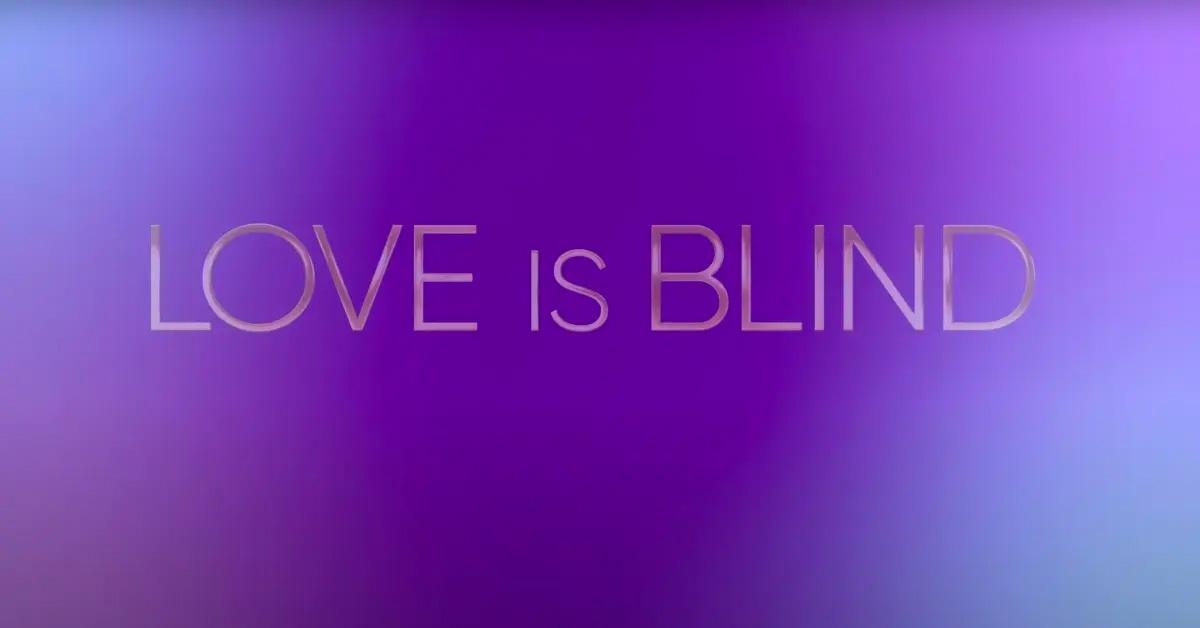The popular reality television show, ‘Love is Blind,’ faces a tumultuous period due to potential legal conflicts. This situation could have profound implications for the future of reality television as we know it. The show’s premise, which encourages participants to create emotional connections and even get engaged without ever seeing each other, uniquely challenges societal norms and stirs up a range of ethical and moral questions. However, the current predicament goes beyond these moral debates, diving into the murky waters of potential legal ramifications.
As the show navigates these choppy waters, it is quite possible that it will set a precedent for future reality television productions. There’s always been a delicate balance in this genre between the pursuit of entertainment and the preservation of participants’ rights and dignity. The issues that ‘Love is Blind’ is currently wrestling with could force the industry as a whole to reevaluate this balance. It may compel production companies to tighten their protocols and guidelines, ensuring that they not only create compelling content but also protect everyone involved.
One of the main questions emerging from this situation is about the duty of care that producers and broadcasters have towards their participants. The ‘Love is Blind’ controversy brings this issue to the fore, underscoring the need for clear, well-defined boundaries and guidelines in the reality television space. It also emphasizes the importance of transparency and open communication between production companies and participants. If these elements are lacking or are insufficient, it can lead to misunderstandings, harm to participants, and, as we are seeing now, potential legal trouble.
This is not the first time a reality show has faced such issues, but the ‘Love is Blind’ situation could be a turning point, forcing the reality TV industry to take a long, hard look at its practices. It might spark a trend towards more ethical, transparent, and participant-friendly reality TV productions. The industry may have to redefine what is acceptable and what isn’t in the pursuit of viewership and ratings.
The current dilemma facing ‘Love is Blind’ also highlights the need for stringent psychological support for participants. The emotional stress of reality TV is well-documented, and the unique premise of ‘Love is Blind’ can potentially amplify this stress. As a result, production companies may need to prioritize mental health support for participants, both during and after the show.
Furthermore, this situation could impact the contractual agreements between participants and production companies. These contracts might need to be more comprehensive, outlining the rights and responsibilities of all parties involved explicitly. They could also include clauses that ensure participants are fully aware of the potential risks and consequences of their participation.
In conclusion, the legal issues facing ‘Love is Blind’ could have far-reaching implications for the future of reality TV. They could lead to an industry-wide shift towards more ethical, transparent, and participant-friendly practices. It’s a complicated situation, but it might just be the wake-up call that the reality TV industry needs.

Lawsuits and Legal Challenges: The Troubles Plaguing ‘Love is Blind’
Since its debut, the hit reality TV show ‘Love is Blind’ has been embroiled in numerous legal confrontations and obstacles. This Netflix production, known for its unique concept of seeking a romantic connection between individuals without physical interaction, has encountered a myriad of issues. The most significant of these include accusations of deceptive practices and unethical treatment of contestants.
Some participants have claimed that they were misled about the show’s aspects, leading to emotional distress. In addition, the production has faced criticism and possible court matters due to alleged breach of contract. Some participants assert they were not adequately compensated for their time, effort, and personal exposure on the show. Moreover, ‘Love is Blind’ has also been hit with allegations of intellectual property rights infringement, with claims that the show’s concept was stolen from another source. All these issues have led to a series of legal battles for the show, casting a shadow over its future prospects.
With the controversies and potential court proceedings stacking up against ‘Love is Blind’, it remains to be seen how the show will navigate through these troubles. Despite its popularity, these challenges threaten to tarnish its reputation and possibly impact its production. It’s a delicate balance that the show must maintain, ensuring the satisfaction of its participants while also protecting its brand and content. As the show continues to grapple with these issues, fans and critics alike are watching closely to see how it will evolve. The outcome of these legal confrontations may very well define the future of ‘Love is Blind’.
Behind the ‘Love is Blind’ Scenes: What the Lawsuits Reveal About Reality TV Production
Behind the scenes of the captivating reality TV show, “Love is Blind,” a series of lawsuits have shed light on the often shadowy operations that underpin the reality television industry. These legal battles offer an insightful glimpse into the production processes, and in some instances, reveal practices that may be deemed unethical or exploitative. For instance, some contestants have complained about the long hours of filming, grueling schedules, and the psychological pressure they were subjected to during the production of the show.
These allegations highlight a lack of adequate care and regard for the mental well-being of participants, an issue that seems to be rife within the industry. Additionally, the lawsuits have unveiled the stringent contracts that participants are often coerced to sign, which may limit their legal recourse in the event that their rights are violated. There have also been revelations about the manipulative editing techniques employed to create engaging narratives, often at the expense of the participants’ image and reputation.
The unearthing of these practices through the lawsuits underscores the need for more transparency and accountability in the production of reality TV shows. It is now more apparent than ever that the glitzy world of reality TV is not as glamorous as it appears on the surface; beneath the facade, a grim reality exists, characterized by demanding conditions, manipulative practices, and a disregard for the well-being of those who keep the wheels of the industry turning.

‘Love is Blind’ Viewer Reactions: How the Controversy Affects Audience Perception
The reality TV show ‘Love is Blind’ has certainly garnered a plethora of reactions from viewers since its premiere. The show’s unique concept, which involves individuals committing to marriage before seeing each other, has stirred a great deal of controversy, subsequently impacting audience perception. Some viewers praise the show for its unconventional approach towards love, highlighting its exploration of emotional connection superseding physical attraction. However, others criticize it for promoting impulsive decisions and unrealistic expectations about love and relationships.
This controversy has significantly shaped audience perception, with some finding the show enthralling and others dismissing it as an imprudent portrayal of love. It has also sparked heated debates on social media, where viewers question the authenticity of the relationships formed on the show and the psychological impact on the participants. This polarizing controversy not only affects the show’s popularity but also triggers conversations about the role of physical attraction in relationships and the societal standards of love and marriage.
Many viewers argue that the show exploits the participants’ desire for love and companionship, while others view it as a social experiment that challenges traditional dating norms. Therefore, the controversy surrounding ‘Love is Blind’ is not simply a critique of the show’s premise but a reflection of diverse audience perceptions about love, relationships, and the influence of reality TV on societal norms.

‘Love is Blind’ Industry Responses: How Reality TV Networks Are Addressing Legal Risks
In the realm of reality television, the production of shows such as ‘Love is Blind’ has brought to light an array of potential challenges and hazards that the networks must navigate. These series, which often place individuals in emotionally intense situations, raise important questions about the responsibilities of networks to protect participants. This issue has elicited a range of responses from industry stakeholders, as they strive to mitigate potential risks while maintaining the appeal of their content.
Some television networks have taken substantial steps to address these concerns, implementing strict protocols and policies to ensure the safety and well-being of their cast members. These measures often include extensive psychological screenings, on-set support resources, and thorough briefings on potential risks. Other networks, however, have been less proactive, potentially opening themselves up to future repercussions.
Emphasizing transparency and open communication with participants has become a key part of many networks’ strategies. They provide clear explanations of the potential emotional strain associated with participation, allowing individuals to make informed decisions.
Ultimately, the various approaches taken by these networks reflect a broader industry-wide recognition of the ethical complexities inherent in the production of reality television. It is clear that networks must strike a delicate balance between producing compelling content and protecting those who participate in their shows. This dynamic, complex situation necessitates continuous dialogue and re-evaluation, ensuring that the industry’s approach evolves in step with societal expectations and standards.